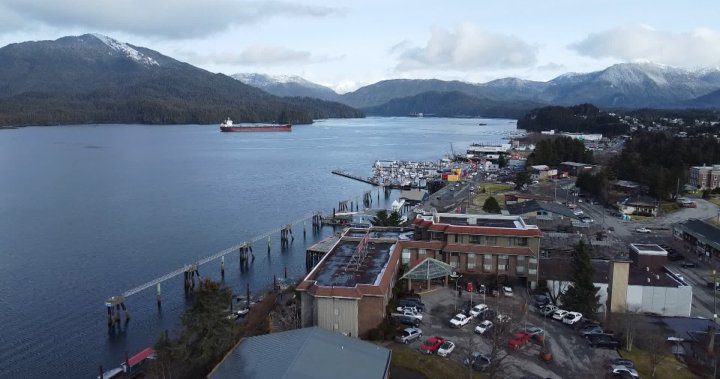Northern B.C. Businesses Urge Ottawa to Reassess Immigration Visa Cuts
Community leaders in Northern British Columbia are raising concerns about a growing workforce crisis that threatens local businesses. With Prince Rupert housing Canada’s third-largest port, it offers invaluable job opportunities, particularly for young people looking to establish themselves in the community.
John Farrell, executive director of the Community Futures Development Corporation, acknowledges that the local economy is now at risk due to recent federal changes affecting immigration and work permits. Two essential programs—the Temporary Foreign Worker (TFW) Program, which provides a significant portion of staff in local businesses, and the international student program—have seen substantial cuts, making it harder for employers to find the help they need.
Farrell highlighted that international students are no longer enrolling as they once did, further complicating matters. “The pipeline was cut by the federal government,” he explained during a recent community forum.
The changes come amid a broader effort by Immigration, Refugees, and Citizenship Canada to cap study permit applications to alleviate pressure on housing and healthcare services, reportedly reducing the number of international students by 40%. As of September 2024, employers will only be able to hire a maximum of 10% of their workforce through the TFW program, with workers permitted to stay for just one year instead of two.
“We’re capped; we can’t bring any more workers in,” Farrell remarked. “When a worker leaves, we’re just that much further down the hole.” This situation is echoed by local businesses; for instance, at McDonald’s, more than 60% of staff are temporary foreign workers, essential to keeping the operations running, as manager Michael Seabrook noted.
Ray Pedersen, CEO of a local construction company, shared similar sentiments, stating that without foreign workers, his business would collapse overnight. “If we don’t adapt these policies and recognise the unique needs of northwest B.C., our community may face serious challenges ahead,” Farrell warned.
In response, community leaders plan to send a formal “Northern BC Call to Action” document to Parliament, urging the government to reassess the impact of the TFW policies. “It doesn’t make economic sense for Ottawa to impose such harsh restrictions on a region that generates significant wealth,” Farrell concluded.
If you’re an international job seeker eyeing Canada, this situation highlights the importance of understanding various visa pathways. The TFW program can be a valuable route for temporary work, and knowing its limitations, like the caps on hiring, is crucial. Opportunities may still exist through other immigration streams, such as the Provincial Nominee Program (PNP) or Express Entry, which can provide pathways to Canadian Permanent Residency (PR).
Need help or just curious?
Ask your question in the comments. Someone else may be wondering the same thing.


